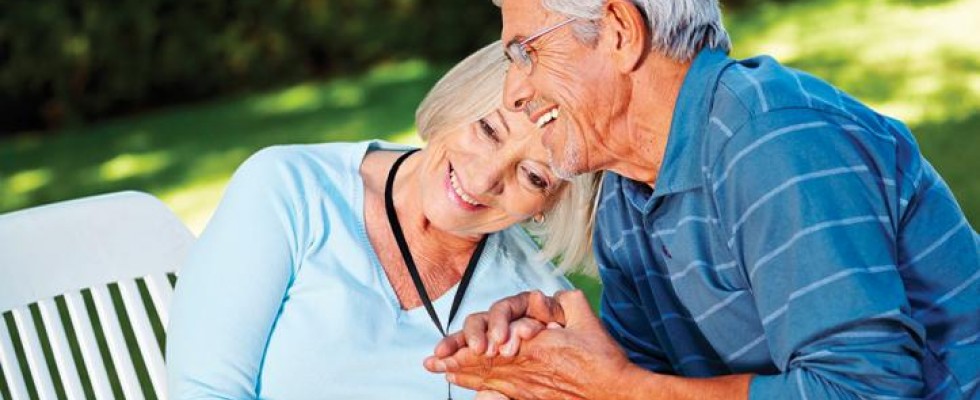
A medical alert product offers yet another way HME providers to help and assist customers who desire to age-in-place. While in a nursing home, rehabilitation center or the hospital, patients are given a call button to summon help when they are alone and need assistance. A medical alert system will do the same thing for a customer at home. With the press of a button, the medical alert a friend or family member is notified if just a little help or assistance is required. And in an emergency, the EMS is quickly notified if they are needed. These products and services can provide peace of mind for customers striving to stay in their homes and maintain their independence, and can provide yet another profit channel for HME providers and caretakers. When considering the addition of medical alert systems to your product offerings, the first step is research. From monitored to non-monitored and mobile, you must evaluate the pros and cons of each offering. See which types you will feel comfortable offering and deciding how much time you want to dedicate to servicing your customers or patients. As I mentioned in a prior article, offering the right home monitoring systems for your clientele can benefit your bottom line. When deciding what to offer there are a couple of questions that should be considered.
1. Should I offer monthly billing or simply sell the products outright?
This would depend on your company structure. For example, an HME that delivers oxygen to a senior may already have a monthly billing program in place so monitored medical alert systems will just be another product that can be delivered, set up and entered as a monthly billing into your program. A home care service company that has caregivers in the home assisting the senior can incorporate the charges for a monitored alert system into their other service charges. On the other hand, a DME that sells medical equipment from a storefront and takes payment in full for products over the counter may want to sell an non-monitored type system that be sold off the shelf, paid for in full and set up at home by the customer.
2. Is my business model conducive with being part of the customer's contact list?
Home care companies that offer a variety of in-home services to customers may also want to be on the contact list for those customers. These companies could, at their discretion, charge a small monthly fee for this service. Many seniors do not have family or friends that can help them in certain situations and would love to have their home care company there when they need them. Being on standby for customers gives a home care company another profit center and another service to advertise in marketing efforts. In this scenario, if the senior presses the medical alert button and needs the EMS, the emergency monitoring center will dispatch the EMS and also notify the home care company so that they always know the status of their seniors. However, if the senior presses their Medical Alert button and only needs assistance, the monitoring center will notify the home care company so the company can respond and give the senior the assistance required. This is a tremendous service and can give your company features and benefits that stand out from the rest. Seniors are reaching age 65 at a rate of 10,000 daily. With this kind of growth in the senior marketplace, more services are going to be necessary to help them age in place. A medical alert system is a great way to monitor your senior customers or patients 24 hours a day. Families are having a hard time keeping up with their seniors' needs and will be looking more and more to the home care companies to take some of the burden. Medical alert systems are in demand and home care companies are noticing the requests for more services. It is time to take a good look at this service offering and the increased profits available to your company. An alternative to offering these products themselves is to partner with a medical alert company. This would be a company that sells and delivers medical alert systems to the customer or patient directly. The company would work directly with each customer to sell, deliver and bill for the service. However, the profits would then be shared between the home care company and the medical alert company. The profits could be shared as a one-time payment for each medical alert sold to your customers or by sharing the monthly fee from the customer at each billing cycle. Again the medical alert company would issue a rebate or profit share payment to the home care company at each billing cycle. Sharing the profit this way can accumulate a long-term recurring revenue stream. You can get creative to make a program that will work for your company. As you can see, there are many ways to approach offering Medical Alert Systems to your seniors and also use the service to enhance your product and service offerings, as well as another profit center. Finding the right fit for your company begins with considering your options.
Read all articles in this series at homecaremag.com/home-monitoring-2015
